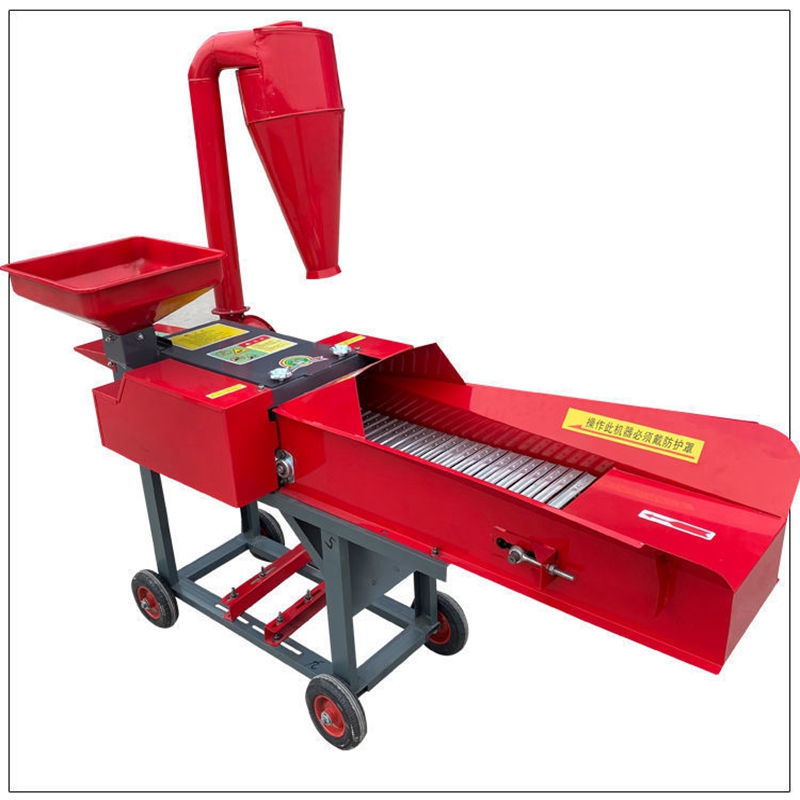Designing Efficient Transport Cages for Broiler Chickens to Enhance Welfare and Safety
Nov . 09, 2024 07:39 Back to list
Designing Efficient Transport Cages for Broiler Chickens to Enhance Welfare and Safety
The Importance of Broiler Transport Cages in Poultry Industry
In the poultry industry, the transport of broilers, or meat chickens, from farms to processing facilities is a critical stage that requires careful planning and execution
. One of the essential components of this operation is the broiler transport cage. Designed to facilitate the safe and efficient movement of live birds, these cages play a vital role in maintaining the health and welfare of the animals during transit.Design and Structure
Broiler transport cages are specifically designed to meet the needs of poultry transport. They are typically constructed from durable materials such as galvanized steel or high-quality plastic, ensuring they can withstand the rigors of transportation—be it by truck, train, or plane. The cages come in various sizes to accommodate different broiler weights and numbers, with ventilation holes to allow for adequate airflow. This is crucial, as maintaining an appropriate temperature and air quality is essential for avoiding stress and discomfort in the birds.
A well-designed transport cage also minimizes the risk of injury during transit. Cages are equipped with dividers to prevent overcrowding and reduce the chances of aggressive behavior among the birds. Additionally, they may have features such as locking doors and secure floors to prevent birds from escaping or sustaining injuries during loading and unloading.
Importance of Welfare
Animal welfare has become an increasingly important consideration in the poultry industry, with consumers becoming more concerned about the conditions in which their food is produced. The use of transport cages that prioritize the health and comfort of broilers is essential in meeting these welfare standards.
During transport, broilers can experience significant stress due to confinement, temperature fluctuations, and vibrations from the vehicle. By using appropriate transport cages, producers can mitigate these issues. For example, cages that allow for proper ventilation help regulate temperature and reduce stress levels. Furthermore, minimizing the time birds spend in transit by carefully planning transportation routes can greatly enhance their well-being.
broiler transport cage

Regulatory Compliance
Many countries have established regulations governing the transport of live animals, including poultry. These regulations often include specific guidelines regarding the construction, ventilation, and loading densities of transport cages. Adhering to these standards is crucial for poultry producers, as non-compliance can lead to penalties, including fines or bans on transport activities.
Producers should remain informed about local and international regulations to ensure that their transport cages meet all compliance requirements. This is especially important for those engaged in exporting live birds, as different countries may have varying standards.
Efficiency and Cost-Effectiveness
In addition to their welfare benefits, broiler transport cages also contribute to the operational efficiency of poultry companies. Well-designed cages are easy to stack and store, maximizing space during transport. This efficiency translates to reduced transportation costs, allowing producers to better manage their logistics and distribution frameworks.
Furthermore, the durability of quality transport cages ensures a longer lifespan, which can result in lower overall capital expenditure for poultry producers. Investing in reliable transport cages is a strategic decision that supports both animal welfare and the bottom line.
Conclusion
Broiler transport cages are a crucial aspect of poultry production that directly impacts the health and welfare of the birds during transit. A well-designed transport cage not only protects the birds from stress and injury but also ensures compliance with regulatory standards and enhances operational efficiency. Given the increasing attention to animal welfare in the food supply chain, it is essential for poultry producers to prioritize the quality and design of their transport cages. By doing so, they can meet consumer expectations, ensure regulatory compliance, and maintain a sustainable and profitable business model in the competitive poultry market. Investing in proper transport solutions is not merely a logistical decision; it is a commitment to ethical farming practices that benefit both the animals and the industry as a whole.
-
Automatic Feeding Line System-Pan Feeder Nipple Drinker|Anping County Yize Metal Products Co., Ltd.
NewsJul.29,2025
-
Hot Sale 24 & 18 Door Rabbit Cages - Premium Breeding Solutions
NewsJul.25,2025
-
Automatic Feeding Line System Pan Feeder Nipple Drinker - Anping County Yize Metal Products Co., Ltd.
NewsJul.21,2025
-
Automatic Feeding Line System Pan Feeder Nipple Drinker - Anping County Yize Metal Products Co., Ltd.
NewsJul.21,2025
-
Automatic Feeding Line System - Anping Yize | Precision & Nipple
NewsJul.21,2025
-
Automatic Feeding Line System - Anping Yize | Precision & Nipple
NewsJul.21,2025






